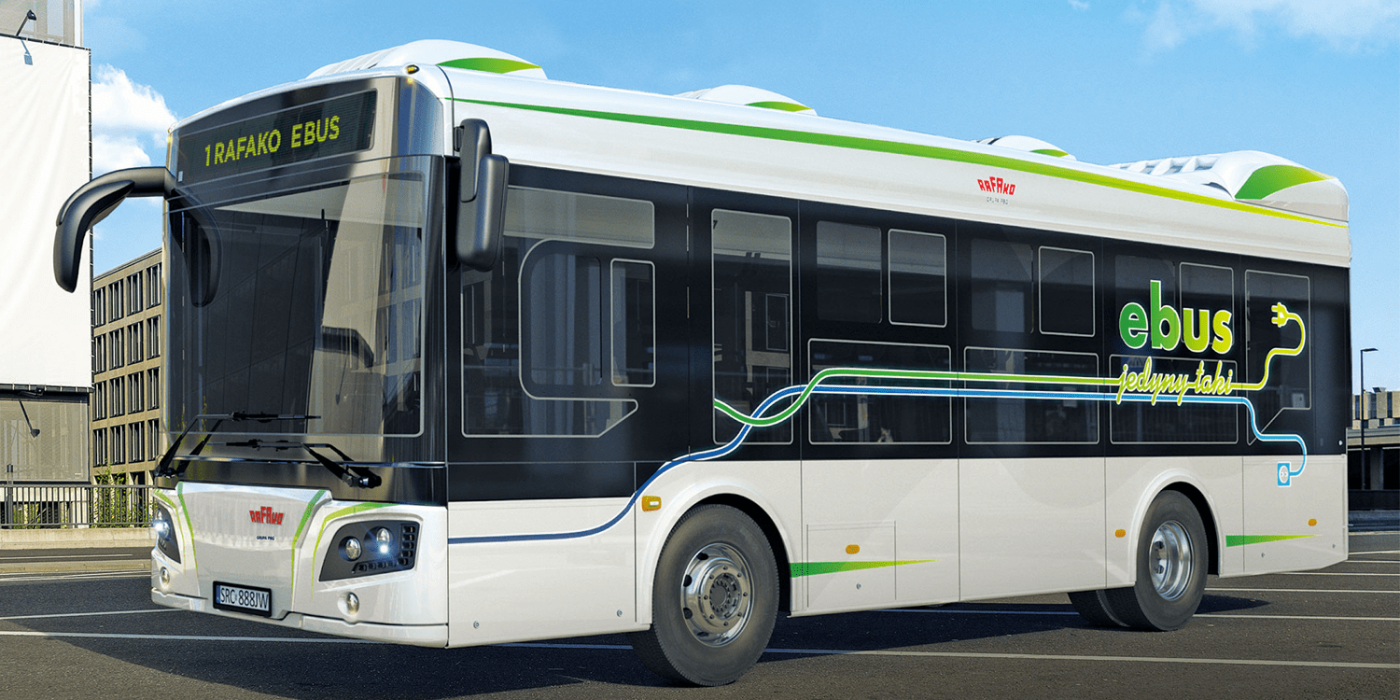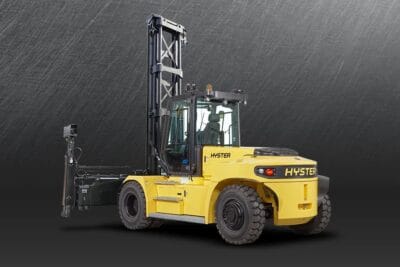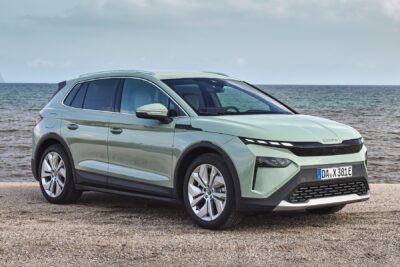Polish Ministry of Climate launches e-bus support schemes
The Polish Ministry of Climate Change announced a few weeks ago that it intends to promote the purchase of electric buses with two programmes with a total volume of 90 million euros. Both support programmes are to make it easier for municipalities and districts to purchase electric buses for passenger transport.
* * *
In total, the Polish Minister of Climate Michał Kurtyka has announced expenditures of the equivalent of 2.5 billion euros for this year, which the country wants to invest in climate protection, e-mobility, improving energy efficiency and the promotion of solar energy. Now Poland will add further measures, above all in connection with economic development against the background of the corona crisis. “The coronavirus epidemic requires us to look for solutions that will boost the economy,” Kurtyka said. “We also have the ambition that this economic recovery will mark new paths of development and sustainable growth.”
The smaller ‘Kangur 2.0’ support programme, which has a total funding volume of the equivalent of 15 million euros, is designed to enable rural communities to procure electric schoolbuses. The programme, which started on 1 June, will run from 2020 to 2023, focussing on municipalities with poor infrastructure, whose modest budgets typically make it difficult to envisage more expensive variants of school transport.
“We want the Kangur 2.0 program to reach as many communities as possible, enabling students to reach schools by safe and climate-friendly means of transport,” said the climate minister. Under the programme, up to 95 per cent of the purchase costs could be subsidized or paid out as a loan. Which of the two forms is eligible for the municipalities will be decided based on the number of inhabitants in the municipality and the income structure per inhabitant.
Provided that the financing of electric school buses is almost completely taken over by the Ministry of Climate, this includes the installation of the charging infrastructure, which should benefit the community areas. In 2019 there had already been a pilot programme ‘Kangur 1’. Four Polish village communities have been able to benefit from it.
The decision to grant funding under the previous programme took into account the purchase price with 60 per cent. Since the purchase price plays such an important role, an offer hardly stands a chance if it is significantly higher than the competition. Therefore, only low-cost offers can make it onto the shortlist. 30 per cent of the decision was based on whether and how the technology must be compatible with the possibilities on site. The warranty services were rated at ten per cent.
The guarantees were for a period of three years and applied to both the entire vehicle and the battery. During the warranty period, the battery capacity may not fall below 80 per cent of its original value. Otherwise, the vehicle supplier must replace it at his own expense. The vehicle must also be adapted so that it can be charged via a wired charging station with at least 40 kW.
The municipality Gręboszów, which was one of the four village communities supported, chose the electric bus type MAXI from Rafako together with a wired charging station. The village of Bobowa also purchased an electric bus from Rafako for the equivalent of 500,000 euros. However, it was the E-Gimbus model, which is purpose-built for transporting schoolchildren. The municipality of Bielany could not decide between the Solaris offer and the Rafako offer for a long time. In the end, the favourable purchase price prevailed, and Rafako was awarded the contract. In Godzianów, the Solaris was the only bidder who also extended the warranty period to four years and won the tender with the Urbino 12 electric bus.
The much more comprehensive second subsidy programme for the purchase of e-buses now targets municipal and public transport companies. The programme, which is simply translated as “emission-free public passenger transport”, comprises almost 75 million euros and is intended to enable the purchase of up to 300 e-buses and 75 charging stations.
Here too, depending on the applicant, a decision can be made between covering up to 80 per cent of the costs or granting a loan. The programme has two phases: The first phase relates to implementation between 2020 and 2025 and the second to the period from 2025 to 2030.
This programme had a similar predecessor, which had led to a total of 10 grant agreements and the purchase of 95 city buses by the end of 2019. Currently, many cities are testing various e-buses that are eligible for the funding programme. The city of Gdynia tested the Mercedes eCitaro shortly before the outbreak of the Corona pandemic in February. Zielona Góra decided to purchase 43 Ursus e-buses together with the corresponding charging infrastructure. In Radom, the supplier of the Solaris Urbino 12 electric won. In Gliwice, Volvo has a good chance of winning against Solaris.
Most cities, however, have not yet decided on a particular model, primarily due to the coronavirus crisis, which had caused delays in test runs and other pending decisions.
About the author
Aleksandra Fedorska is a Polish-German political scientist and publicist. She works as a correspondent for Polish and German media in the fields of energy policy and e-mobility. Fedorska lives and works in the German town of Jagel in Schleswig-Holstein and the Polish city of Poznań. Most recently she reported for electrive on the subsidy programme for electric vehicles in Poland and the country’s utility Rafako turning bus builder.





0 Comments